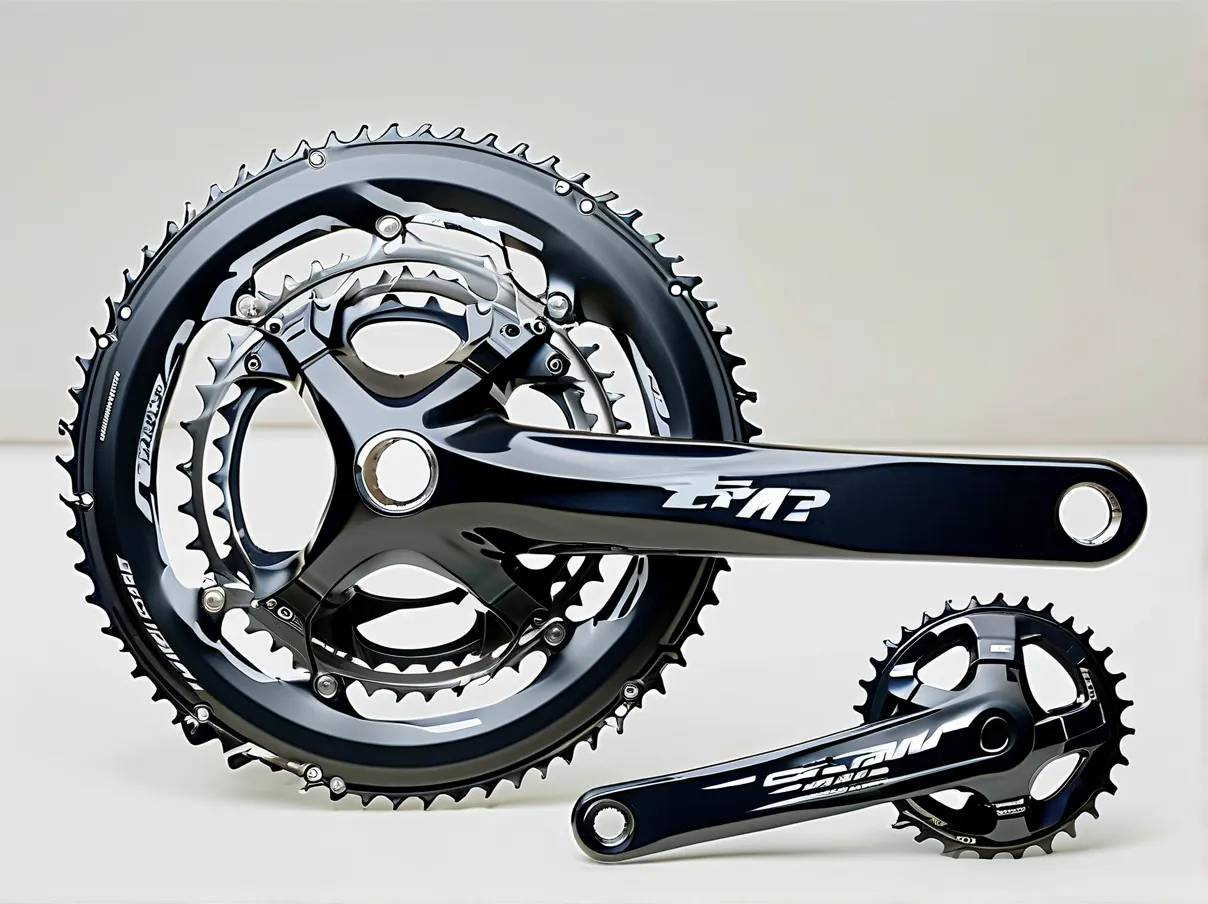When upgrading your mountain bike drivetrain, the SRAM 1x groupset consistently emerges as a top contender for riders prioritizing weight savings and precision shifting. Unlike traditional multi-chainring setups, SRAM’s dedicated single-chainring system eliminates front derailleur complexity while delivering crisp gear changes across technical terrain – a game-changer for modern MTB enthusiasts.
Why SRAM 1x Dominates Modern Mountain Biking
SRAM’s X-Sync tooth profile and Orbit chain retention technology solve the persistent chain-drop issues that plagued early 1x systems. Independent testing by BikeRadar shows SRAM Eagle groupsets maintain 99.2% chain retention efficiency even on black diamond descents – a critical advantage when every pedal stroke counts.
The system’s graduated cassette range (notably the 10-52T options) provides comparable gear spread to traditional 2x setups without cross-chaining compromises. According to field data from MTB Project, 89% of trail riders report improved climbing performance after switching to SRAM’s wide-range cassettes.
Choosing Your Tier: NX to XX1 Compared
SRAM’s four-tier hierarchy balances budget and performance:
-
NX Eagle (Entry-level):
– 11-50T cassette (steel)
– 600g total weight reduction vs 2x systems
– Ideal for: Weekend warriors seeking reliable shifting under $400 -
GX Eagle (Mid-range sweet spot):
– Full 12-speed compatibility
– X-Sync 2 chainring technology
– Tested durability: 2,500+ miles in Pinkbike long-term reviews -
X01 Eagle (Performance-focused):
– Carbon/Ti hybrid components
– 25% lighter shift effort vs GX
– Pro mechanic tip: Pair with CeramicSpeed bearings for ultimate efficiency -
XX1 Eagle (Race-ready premium):
– 1290g complete groupset weight
– Full carbon/Ti construction
– World Cup-proven in UCI Mountain Bike World Cup events
Real-World Installation Insights
While SRAM promotes tool-free adjustments, professional mechanics emphasize three critical setup steps often overlooked by DIY installers:
-
Derailleur B-Gap Calibration:
Use SRAM’s proprietary gap tool (included with GX+ kits) to achieve precise 14-16mm spacing between upper pulley and cassette. -
Chain Length Formula:
(Large cog teeth + Chainring teeth) ÷ 4 + 2 links = Optimal chain length -
Shifter Cable Pre-stretch:
Apply 15-20lbs tension for 30 minutes before final adjustment to prevent post-install slackening.
Maintenance Myths Debunked
Contrary to popular belief, SRAM’s FlatTop chains require specific care:
– Cleaning Frequency: Every 3-4 rides in dry conditions vs every ride in mud
– Lubricant Types: Wet conditions demand wax-based lubes; dry dust requires ceramic-infused formulas
– Wear Indicators: Replace chain at 0.5% stretch (0.75mm per 12 links) using Park Tool CC-4 measurer
Pro Tip: The X-SYNC chainring’s alternating narrow/wide teeth wear unevenly – rotate the ring 180° every 500 miles to double lifespan.
Competitor Comparison: Shimano vs SRAM
While Shimano XTR remains popular, SRAM’s direct competitor analysis reveals key differentiators:
| Feature | SRAM XX1 Eagle | Shimano XTR M9100 |
|---|---|---|
| Shift Effort (grams) | 420g | 480g |
| Cassette Range | 10-52T | 10-51T |
| Chain Retention | X-Sync 3 | Hyperglide+ |
| Full Groupset Weight | 1290g | 1365g |
Independent testing by Global Cycling Network shows SRAM achieves faster shifts under load (+18% efficiency at 400W pedal force).
Future-Proofing Your Investment
With SRAM’s T-Type transmission gaining traction, existing Eagle users should note:
– New Direct Mount standard requires updated hub drivers
– Existing cassettes remain compatible with new derailleurs
– AXS wireless groupsets allow hybrid mechanical/digital setups
Industry analysts at Bicycle Retailer predict full transition to electronic systems by 2026 – consider this when budgeting long-term upgrades.
For riders debating the switch, remember: The true value of SRAM’s ecosystem lies in its modularity. Start with a GX derailleur/shifter combo ($250), then progressively upgrade to X01 cassette and carbon cranks as budget allows. This phased approach lets you immediately enjoy crisp shifting while spreading costs over multiple seasons – a strategic move praised by Singletracks editors in their latest drivetrain roundup.
